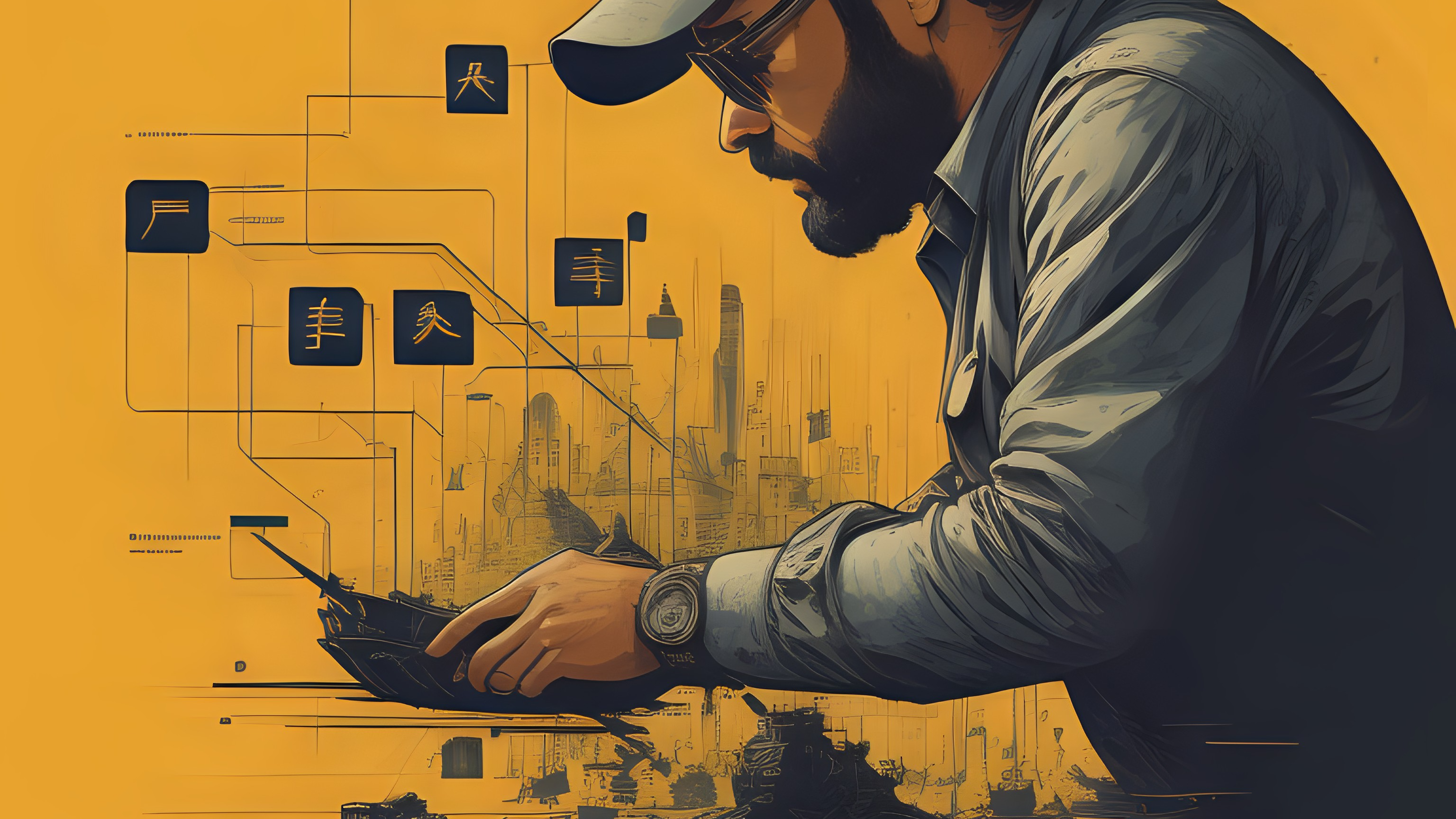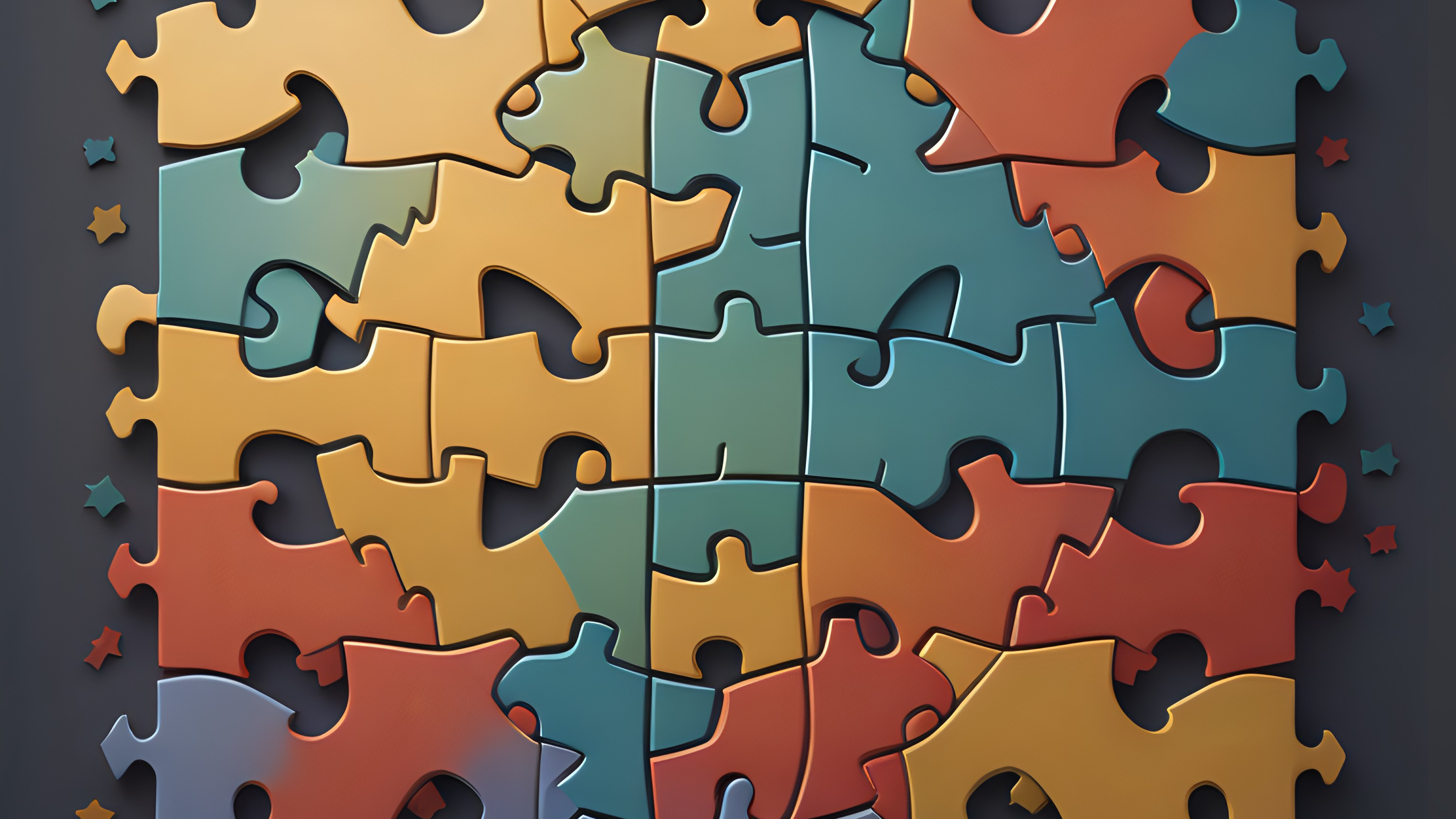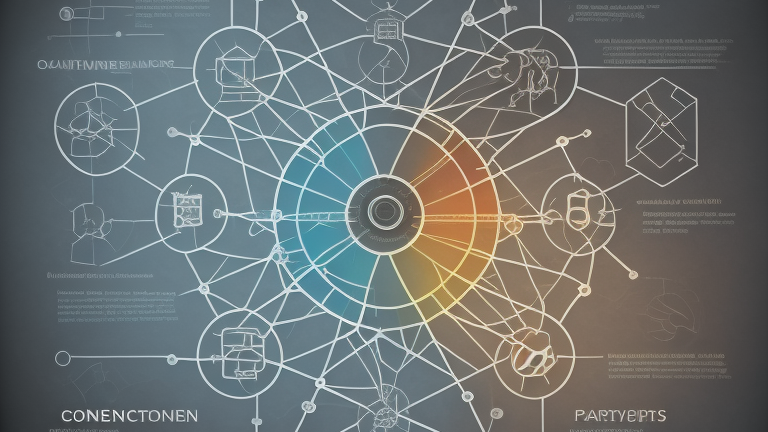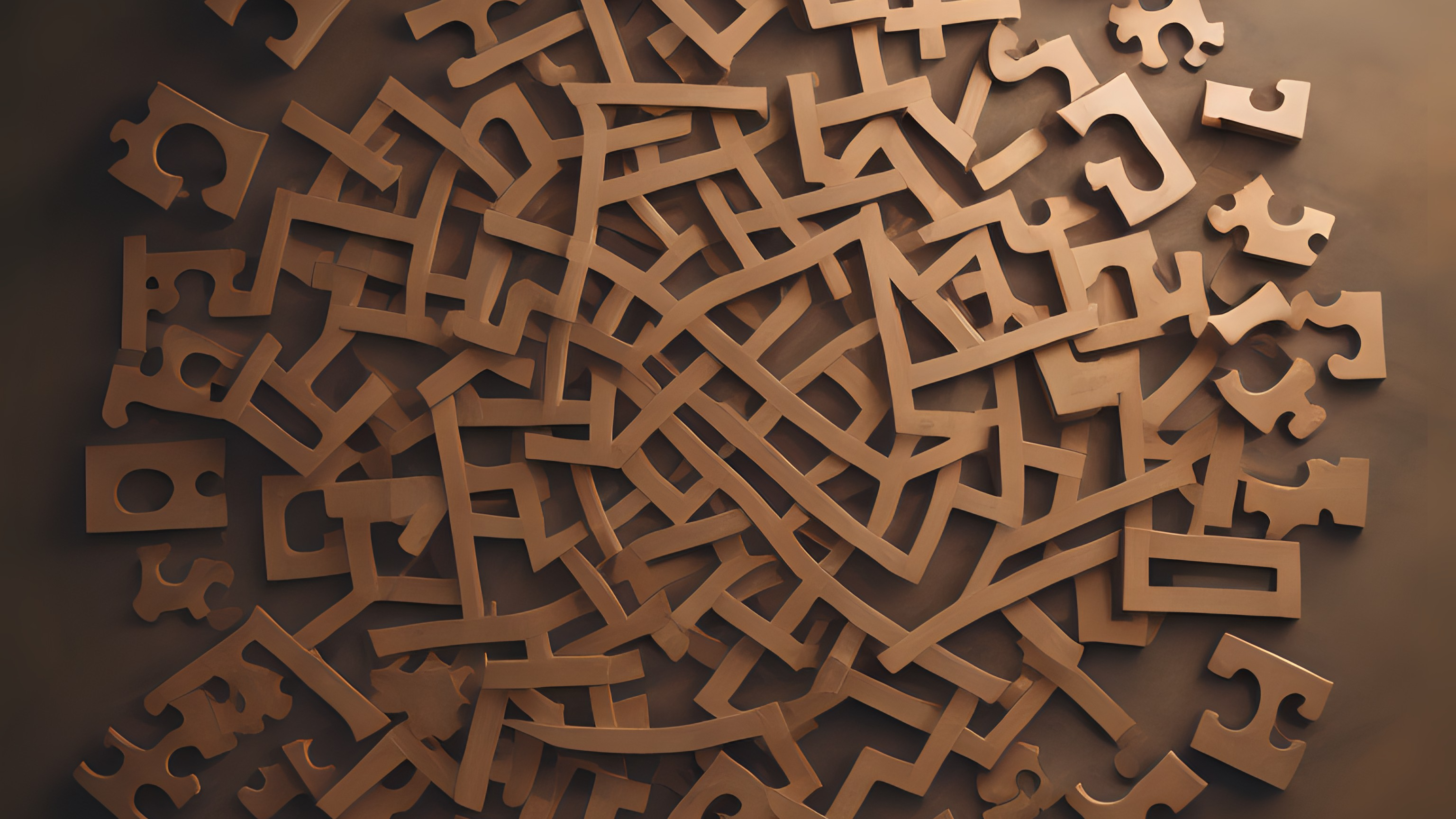

Unleash your problem-solving prowess and amplify your innate strategic thinking with our comprehensive approach to puzzle game mastery.
Each puzzle piece holds its value, understanding its role is like decoding a cryptic message, crucial to solving the puzzle successfully.
Puzzles implicitly foster analytical thinking, as each piece's function is akin to a code in a larger matrix, enhancing problem-solving skills.
The initial step towards conquering any puzzle is to grasp the comprehensive picture, the bigger frame inside which all the pieces fit together.

In the realm of puzzles, every piece holds a purpose, a part to play in the grand scheme of the conundrum. To improve your problem-solving potential, it is crucial to devote time to the detailed analysis of each puzzle component, as well as comprehend how they intertwine to form a cohesive whole.

Identifying the goal forms the crux of puzzle-solving. This denotes recognizing what constitutes the end point of the puzzle, thus defining your success.
The Ultimate Aim:
What You Are Solving For
Defining Success:
Recognizing the End-Point of a Puzzle
In essence, a strategic approach to puzzles involves creating your own problem-solving roadmap. This often includes identifying puzzle components, understanding the end goal, and determining the ideal steps to achieve it.
In transforming chaotic puzzles to clear solutions, having a systematic strategy is paramount. Such a method anchors one in a focused approach, utilizing logic, patterns and sometimes trial and error, to inch closer to puzzle mastery each time.
Embracing the 'divide and conquer' technique crumbles overwhelming puzzles into more manageable, bite-sized pieces, ultimately paving the way for successful puzzle completion through individual mastery of each piece.

Hidden within every puzzle lie patterns, waiting to be deciphered. Identifying these repetitive sequences or common traits is your key to puzzle mastery, turning seeming chaos into predictable order.
In puzzle solving, logic reigns supreme. Harnessing logic not only simplifies complex clues but also guides you to viable solutions. It's using this tool that you boost your puzzle-solving prowess to unforeseen heights.
Harnessing the power of perseverance and applying trial and error methods often unravels the most tangled of puzzles. This strategy, steeped in persistent attempts and sifting through potential solutions, invigorates the process of elimination.
In confronting complex puzzles, the role of trial and error cannot be overstated. It demolishes barriers, plows through impasses, and in its wake leaves a trail blazed for discovering the correct solution.

Expanding your foray into different types of puzzles is an excellent strategy for honing problem-solving abilities. The varying complexity and nature of puzzles such as Sudoku, crosswords, jigsaws, or Rubik's cube can challenge your intellect, stimulating cognitive growth and competency.
Puzzles can be more than just a pastime, they can serve as catalysts for your strategic thinking. They offer a safe sandbox to experiment with different tactics, exploring correlations and patterns, and thus fostering an enhanced capacity to execute strategic analysis and forward-thinking.
Dipping your toes into various puzzle types can drastically expand your problem-solving horizon. It enriches cognitive abilities while catering to your curiosity across genres like crosswords, Sudoku, jigsaw, or brain teasers.
By frequently engaging with diverse puzzles, your mind becomes adept at myriad strategies. Each genre hones a different skill - crosswords sharpen language proficiency, Sudoku enhances logical thinking, aiding overall development.
A multifaceted experience in puzzle-solving equips you to tackle unexpected challenges. Over time, you'll find your capacity to confront and solve problems in real-life scenarios improving, all thanks to varied puzzle practice.

Observation is a critical skill for any puzzle enthusiast. An eye for the minutiae gives you an upper hand, catching details others might overlook.
Mastering this skill means you can tease out pertinent details that drive your puzzle-solving strategy forward. It refines your understanding, transforming minor elements into major breakthroughs.
Puzzles ignite the spark in your mind to think beyond the conventional. They stimulate agility in thought, thus fortifying the critical thinking process. It's this mental flexibility puzzles nurture, helping you approach problem-solving from newer perspectives.
Every puzzle-solving journey navigates through stages of thinking, evaluating, and solving. This continuous cycle enhances your ability to assess situations, weigh alternatives, make decisions, and find effective answers, improving over time.
Use puzzles as tools to exercise your brain, much like physical exercise does to muscles. Through consistent engagement with varied challenges, you'll foster mental endurance while also developing a knack for problem-solving, an integral part of critical thinking.

In the world of puzzling, success doesn't solely hinge on strategy and technique: mental conditioning for optimum performance forms a crucial element. This calls for harnessing the power of your mind, honing focus, cultivating patience, dealing with frustration, and encouraging an unwavering dedication to a solution.
Puzzle mastery involves training your neural network. It's about strengthening your cognitive abilities, enhancing concentration, and heightening creativity. Consider it a mental workout session - a gym for the mind, where each puzzle acted upon further develops your problem-solving potential.
From maintaining focus on intricate details to deciphering patterns, from managing the stress of puzzling to preserving perseverance, mental preparation fosters enhanced puzzle-solving ability. After all, a robust mind fuels success in the canvas of puzzles.
As you navigate through puzzle pitfalls, it's natural to experience feelings of frustration. Remember, frustration is part of the process and a signal to re-evaluate your approach. Instead of succumbing to it, take a step back, reassess your strategy, and apply new tactics.
Mastering emotional balance during puzzle-solving is key. This is especially true when we talk about puzzle games involving code cracking. When frustration kicks in, treat it as an opportunity to showcase patience and persistence. Embrace the challenge, remain calm, and trust in your ability to overcome the hurdle in front of you.
Switching your perspective from frustration to triumph can significantly impact your problem-solving skills. This shift can transform daunting puzzles into exciting opportunities for growth, sharpening your cognitive skills and ultimately helping you become a more resilient problem-solver.
The Zen of puzzles is a profound state of focus achieved through puzzle-solving, promoting enhanced mental acuity and unwavering dedication. The journey of piecing together each constituent element mirrors a meditative process, allowing one to lose themselves in the challenge and the reward.
Puzzle patience calls for the cultivation of concentration amid the labyrinthian complexity, ensuring distraction-stray thoughts do not compromise the solution. This is achieved by exercising mental endurance, allowing the mind to unravel the intricacies of the puzzle without losing focus.

